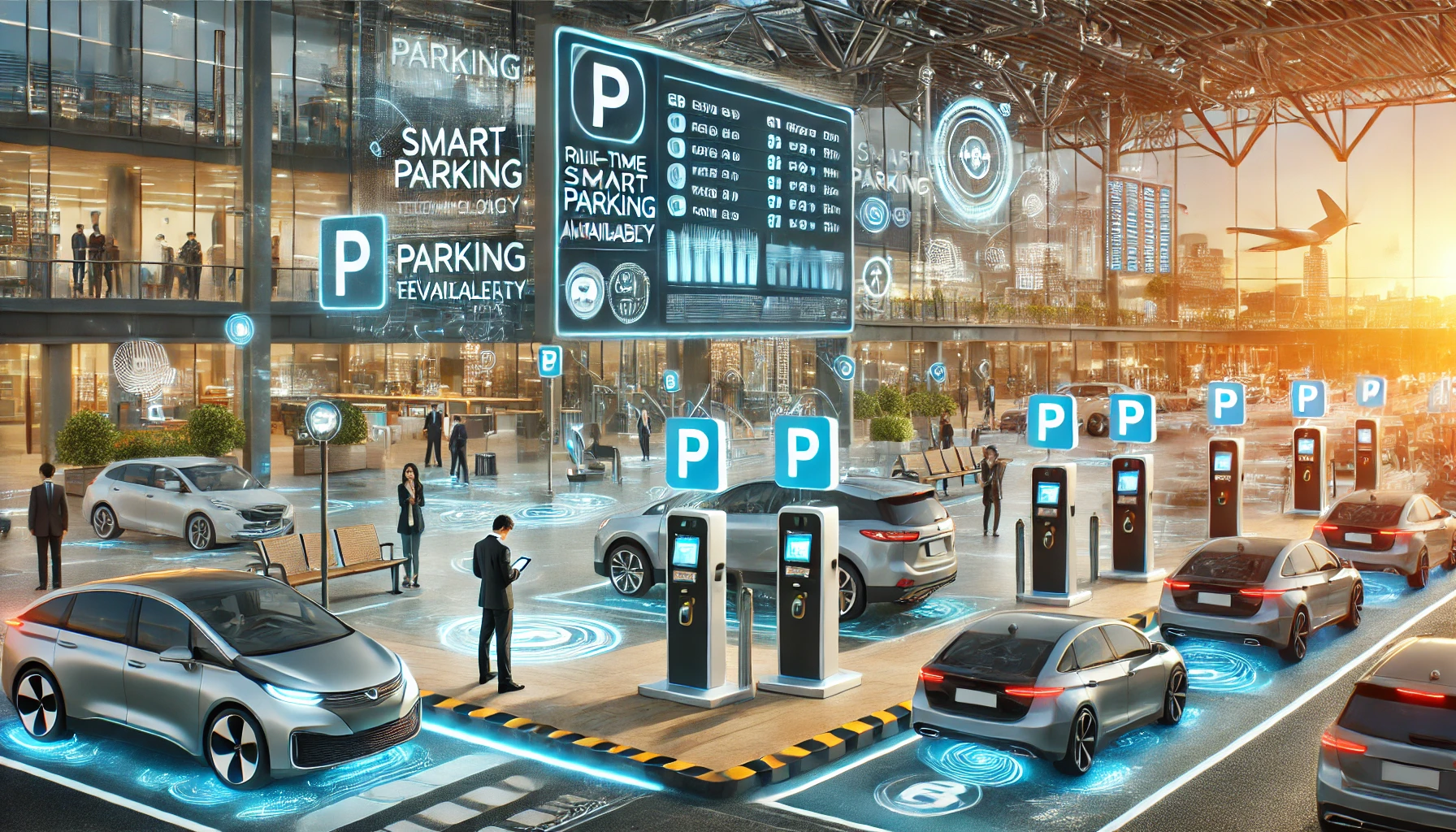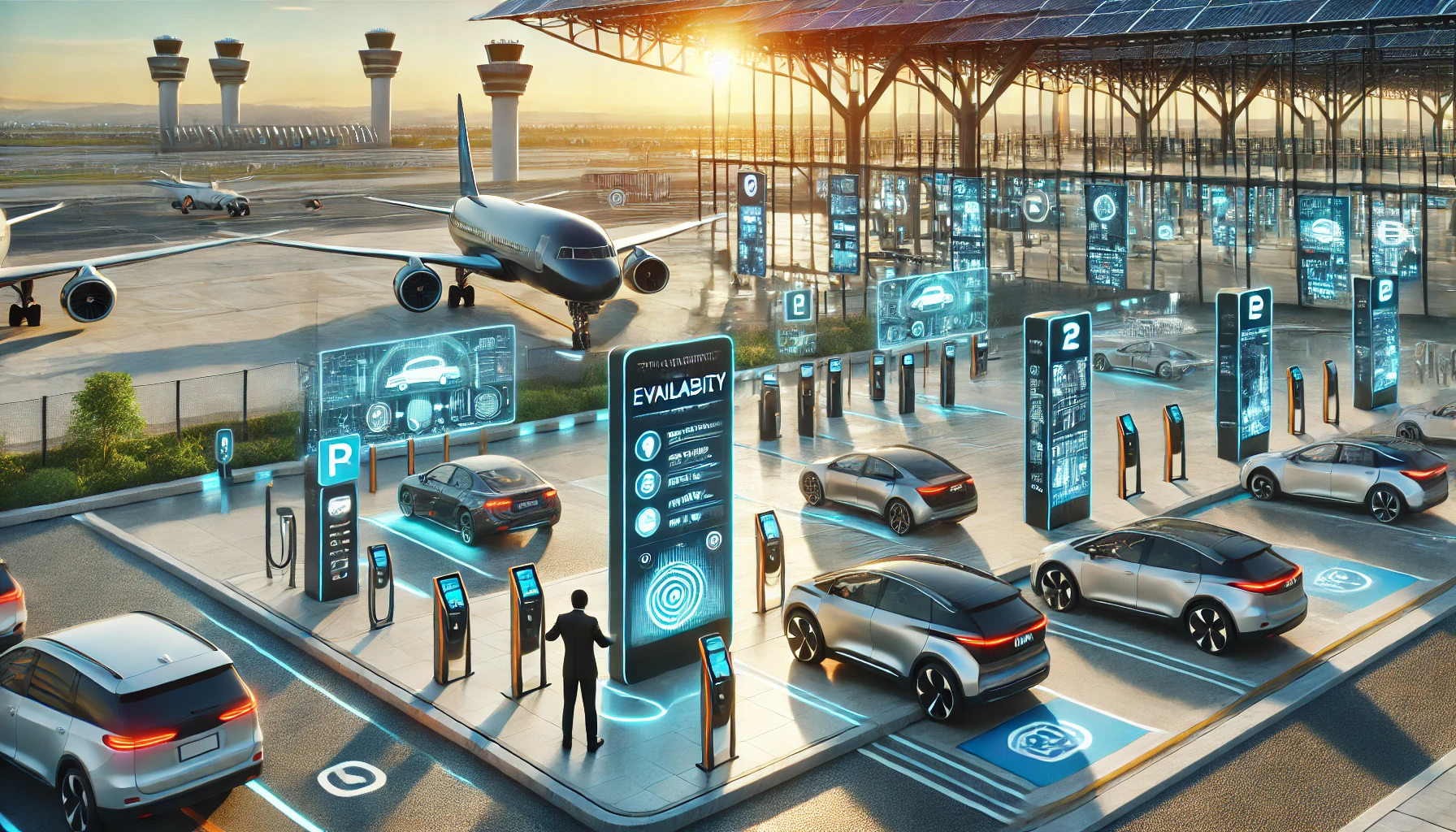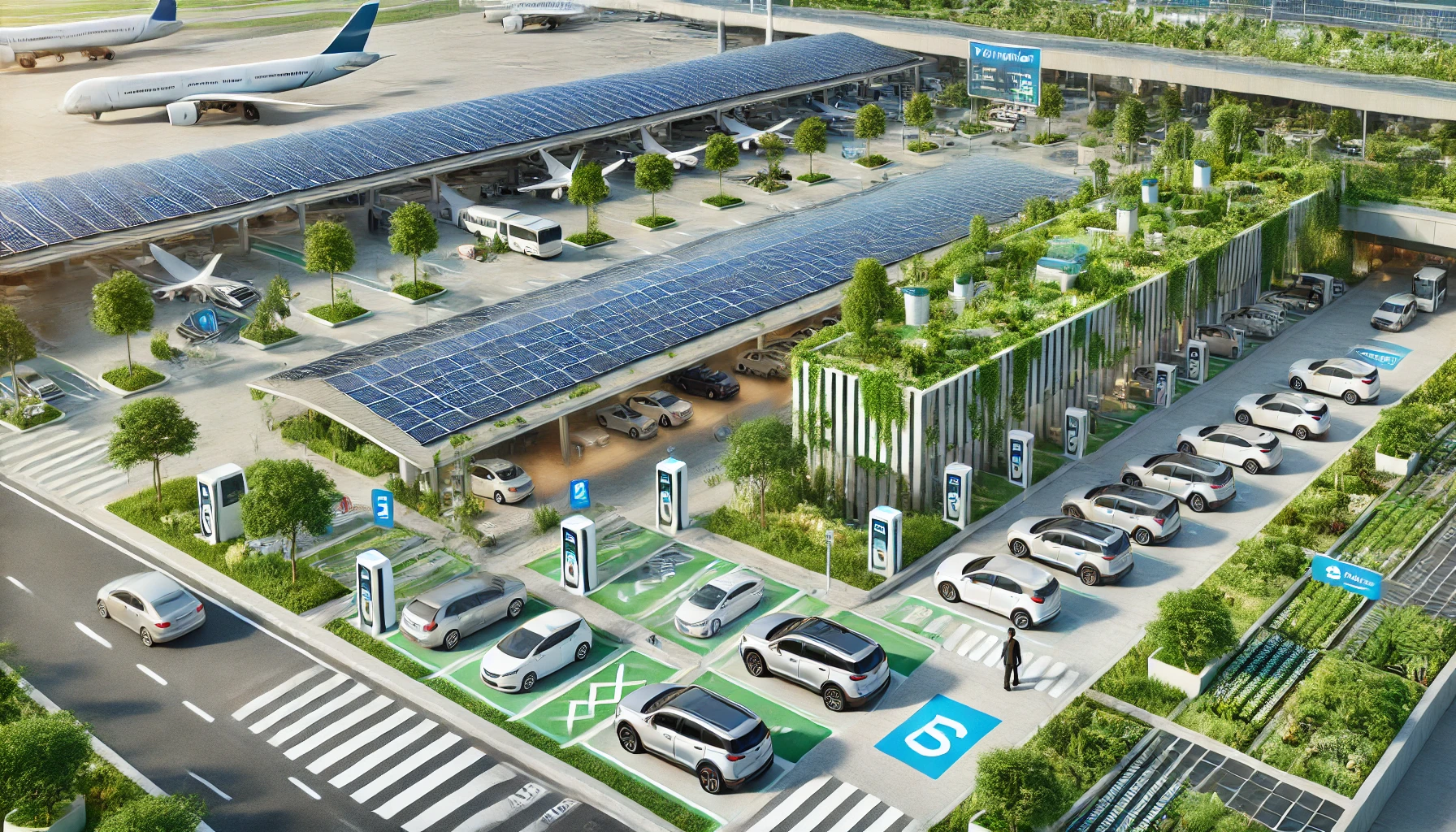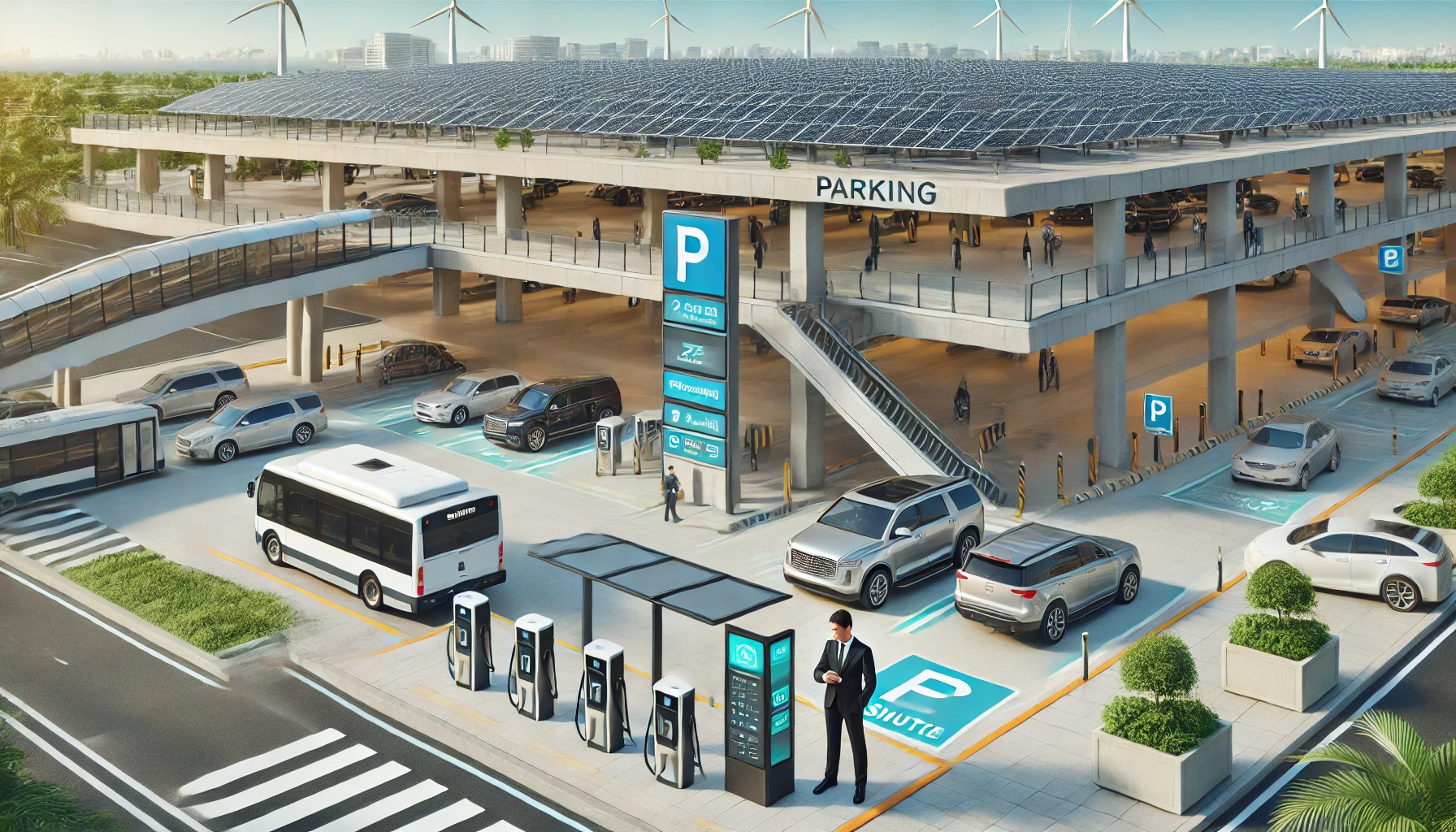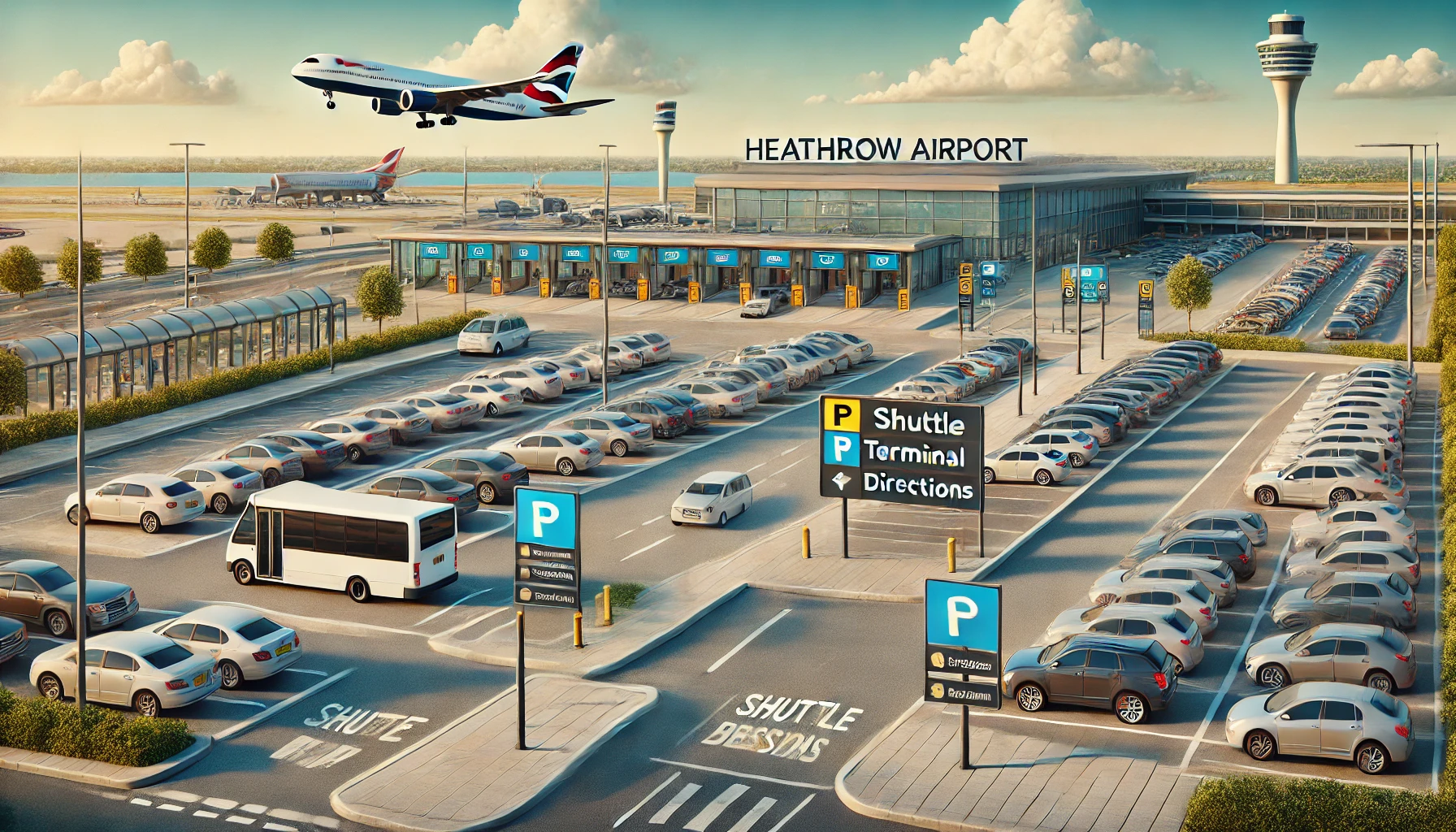Introduction
Technology and infrastructure are changing the way airports work. Among many of the changes transforming the travel experience, smart parking has become one of the most critical innovations. With travelers increasingly demanding convenience, efficiency, and security, airports have adopted advanced technologies to revolutionize parking systems. These smart solutions not only address logistical challenges but also enhance the overall journey from departure to arrival.
The Evolution of Airport Parking
Gone are the days when airport parking took the form of vast, unsystematic lots. Traditional methods often left a traveler frustrated because of circling for spaces or long walks to terminals. Those inefficiencies along with the increasingly large volume of air travel necessitated a paradigm shift.
Smart parking systems brought about a new age. Utilizing technology, airports started dealing with core issues of space management, time, and environmental effects. This trend epitomizes the relentless search for innovation to respond to the needs of modern-day travelers.
Smart Parking Systems: Overview
At the heart of smart parking lies a network of interconnected technologies designed to simplify and optimize the parking process. Sensors embedded in parking lots detect vacant spots in real time, feeding this data into digital systems. Travelers are then guided directly to available spaces via signage or mobile apps.
In fact, automated systems promote efficiency without tickets and the necessity of handing out cash during exit. Even better, some can recognize plates without going through such inconvenience, along with using contactless methods for the sake of swift entry and exiting while ensuring the system is followed.
Mobile integration enables a frictionless parking experience:
Mobile applications are now indispensable in the smart parking ecosystem. Using such apps helps the traveler to book a parking space in advance, provides various pricing options, and even helps to find premium parking closer to terminals.
Integration with flight schedules adds another layer of convenience. Travelers can receive real-time notifications about their flight status, ensuring they plan their parking duration accurately. GPS navigation embedded within these apps guides drivers directly to their designated spots, minimizing stress and delays.
Sustainability Through Smart Parking
Smart parking systems inherently contribute to achieving the broader aspect of sustainability of travel infrastructure; they reduce searching time for spaces, which would otherwise increase exhaust emissions from cars. This is simply a benefit from the systems because it aligns well with the goal of reducing all forms of degradation in the world.
The inclusion of electric vehicle charging stations in airport parking facilities reflects a commitment to sustainability. These facilities serve the growing population of electric vehicle owners, encouraging green transportation choices and reducing dependence on fossil fuels.
Improved Security and Vehicle Monitoring
Safety issues in airport car parks are primarily dealt with using advanced surveillance equipment. High-resolution cameras allow scanning the entire site for both automobile and passenger security purposes.
Access can be restricted at the entrance points with digitalized methods such as QR codes and RFID tags by which only authentic vehicles can proceed into the location. It promotes safety and inspires the minds of the travelers in parking their automobile at a site where they could leave it in isolation for even some time.
Smart parking future at airports
Airport parking, as a feature, is only going to transform more. Equipped with autonomous self-parking capabilities, lots will be totally transformed, maximising space, and travelers are soon going to enjoy the ease of having the car park all by itself.
Predictive parking analytics is going to have a great deal of involvement of artificial intelligence. AI-based systems will predict the demand, space allocation, and optimize operations based on the requirements of the travelers. This future vision ensures that the airport parking will always be on the cutting edge of technology.
Conclusion
Smart parking is not just a convenience; it’s a proof of the strength of technology in changing the face of travel. By embracing the advanced systems, airports are addressing not only the logistical challenges but also redefining what one expects from the journey. Smart parking heralds an era of efficiency, sustainability, and innovation as air travel becomes as seamless as it is transformative.

